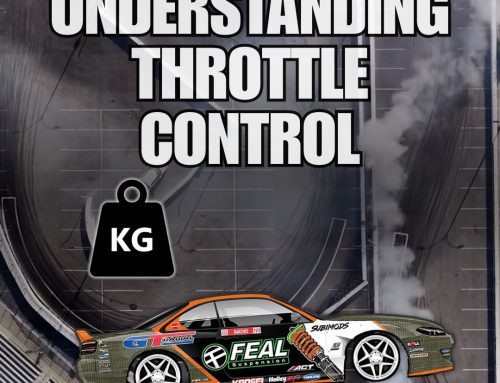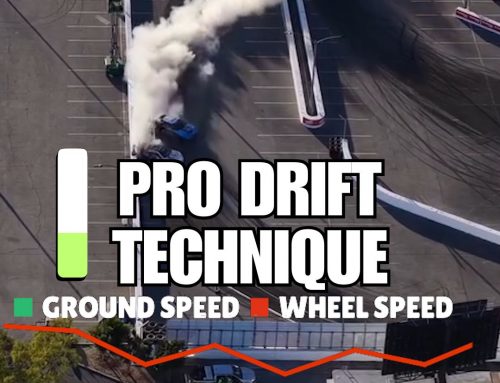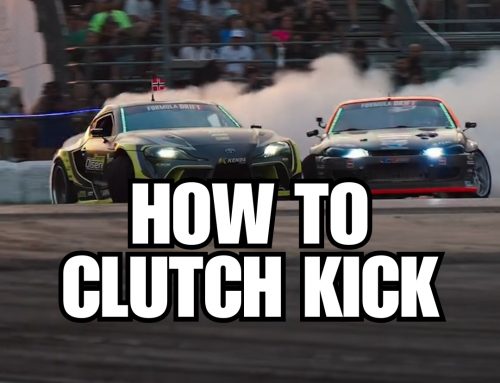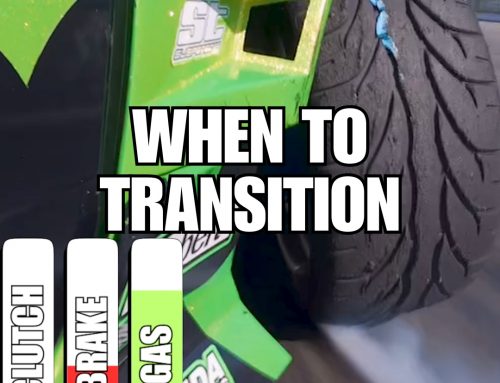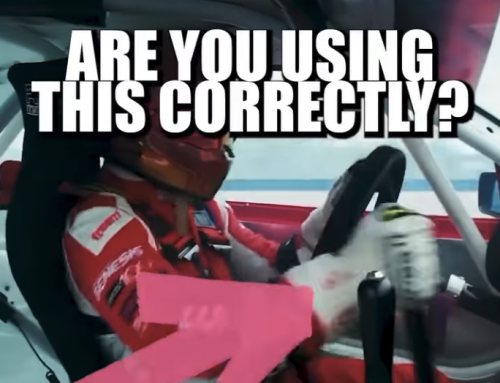Have you ever wondered why you or someone you know became passionately enamored with cars, driving, and motorsports. It’s probably from watching those thrilling car shows and movies as kids.
If you’re in your 30s maybe you got ignited from movies like Fast and Furious. If you’re in your 50s then there’s a lot: Smokey and the Bandit, Dukes of Hazard, Fall Guy, Hooper, Rockford Files, Knight Rider, Cannonball Run, Speed Racer, Batman, 007, Mad Max, A Team, Hawaii Five-O, Miami Vice, and more. There were soo many car shows and movies in the 70s and 80s.
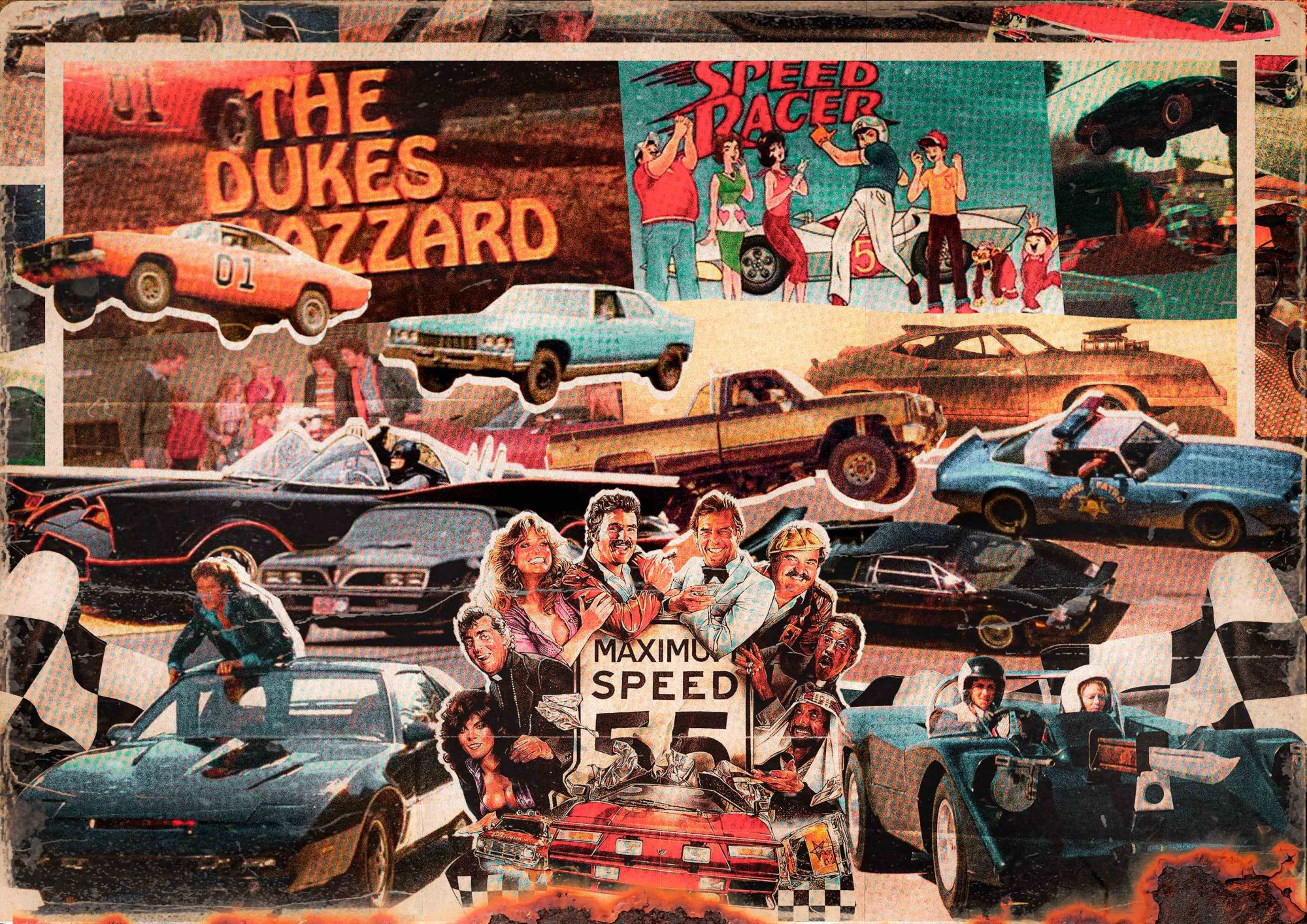
custom art of vintage car tv shows and movies
This connection is more than just nostalgia; it’s deeply rooted in the psychology of our formative years. The iconic car TV shows and movies leave an indelible mark on the psyche.
Here’s are some reasons why:
The Iconic Vehicles Became Characters in Their Own Right
Remember the General Lee in “Dukes of Hazzard,” KITT in “Knight Rider,” the GMC Sierra in “The Fall Guy,” the Ford Gran Torino in “Starsky and Hutch,” and the Pontiac Trans Am in “Smokey and the Bandit”? These weren’t just cars; they were characters in their own right. These vehicles captured our imagination, making us realize that a car could be more than just transportation—it could be a companion, a hero, and a symbol of adventure. In short, we made a connection with the cars.
In fact, these shows often personified the cars, giving them human-like qualities. Think of KITT in “Knight Rider”, capable of communicating with its driver, Michael Knight. This personification created a strong emotional connection between the characters and their vehicles. We empathize with the camaraderie between man and machine
The characters had strong emotional connections with their vehicles. Bo and Luke Duke had a bond with the General Lee. The characters’ relationships with their cars were portrayed as integral to their identities and missions. These connections emphasized the idea that cars could be more than machines—they could be trusted allies in the pursuit of justice and adventure.
Car Chases and Stunts: Heart-Pounding Action
Action sequences involving car chases and daring stunts were a recurring theme in these shows. The depiction of high-speed pursuits and impressive driving skills added excitement and drama to the series, making cars and driving central to the plot. These thrilling scenes captivated our young minds, igniting a passion for the adrenaline rush.
Cars as Instruments of Heroism
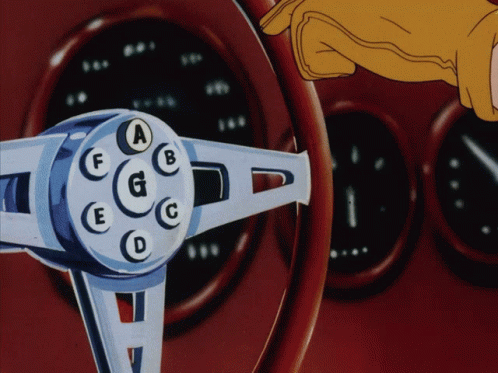
Saw. Drone. Car launcher. We wanted these buttons when we were old enough to get our car.
The main characters in these shows often used their cars to perform heroic acts, such as fighting crime, helping those in need, or outsmarting adversaries. This heroism elevated the status of both the characters and their vehicles, reinforcing the idea that cars could be powerful tools for good. It instilled in us the belief that cars had the potential to make a difference in the world. And the driving skills of the characters were like super powers. Powers that we wanted.
Escapism, Adventure, and Freedom
These shows often depicted a sense of escapism and adventure associated with driving. The characters embarked on exciting journeys, explored new places, and encountered various challenges during their drives. These adventures resonated with our desires for exploration and escape from the ordinary, making us yearn for the open road.
Camaraderie and Teamwork
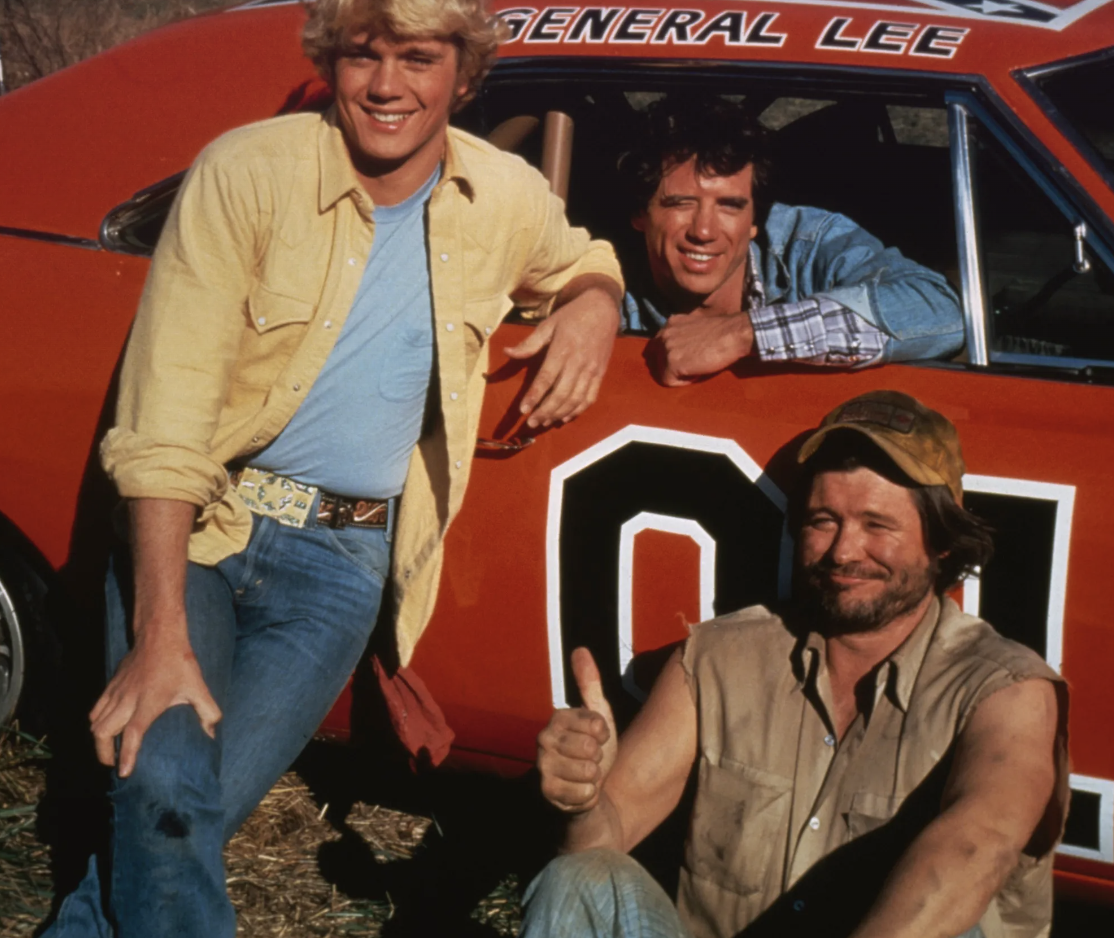
Dukes, Fall Guy, Hooper, A-Team, Smokey & The Bandit… we wanted to be part of a team like these. We still do.
In many of these shows, characters worked as a team, with the vehicle playing a crucial role in their collective efforts. This reinforced the idea that cars and driving could facilitate teamwork and strengthen relationships. We learned that cars could be a unifying force, fostering a sense of camaraderie among the characters and, by extension, among us as viewers.
Nostalgia
Last but not least, these shows often evoked a sense of nostalgia, especially for those who grew up in the 1970s and 1980s. The depiction of cars and driving in these shows reflected the cultural trends of the time. Nostalgia has a powerful pull, and revisiting these shows allows us to recapture the feelings and memories of our youth. It keeps the flame of passion for cars and driving burning brightly, even decades later.
Is This Childhood-Connected Passion Good?
So, childhood car shows fueled your adult passion for cars and driving. Me too. I wondered (and perhaps loved ones ask), is that a good thing or are we suffering / stuck in peter pan syndrome?
From all I can read, from a psychological perspective, it is entirely healthy and normal for individuals to have their passions ignited by childhood experiences as media. So the question may be, what is that passion doing for your life now? Are there actions and experiences today based on this child-triggered passion that help you tomorrow? Said another way, is this fueling (pun intended) a better life in your present and accelerating (pun intended) your future, or are you stalled (!) in nostalgia?
Revisiting these interests fosters positive emotions and nostalgia, promoting a sense of happiness and continuity in one’s life. Going further, pursuing these passions in adult life offers new experiences for self-expression, stress reduction, and social connection, all of which contribute positively to mental well-being. Pursuing these interests can boost self-esteem, motivation, friendships, family connection, and creativity. Building performance driving skills provides a sense of accomplishment and personal growth; not to mention improved safety on the road.
So, whether you’re into cars, or something else spurred from childhood experiences, the construct of a nostalgic connection doesn’t matter to the here and now. What matters, I think, is how actioning these passions enhances your overall well-being and enriches your life.
In conclusion, our enduring passion for cars, driving, and motorsports, sparked by the car shows and movies of our childhood, is a complex interplay of emotional connections, identity formation, nostalgia, and the powerful impact of early experiences. These shows didn’t just entertain; they ignited a lifelong love affair with the world of automobiles, making us forever captivated by the thrill of the road and the roar of the engine.
This is me. And yes, I took this childhood passion pretty far. From go-karts and TV shows at 10 years old, to partner / co-owner of Texas Drift Academy.
